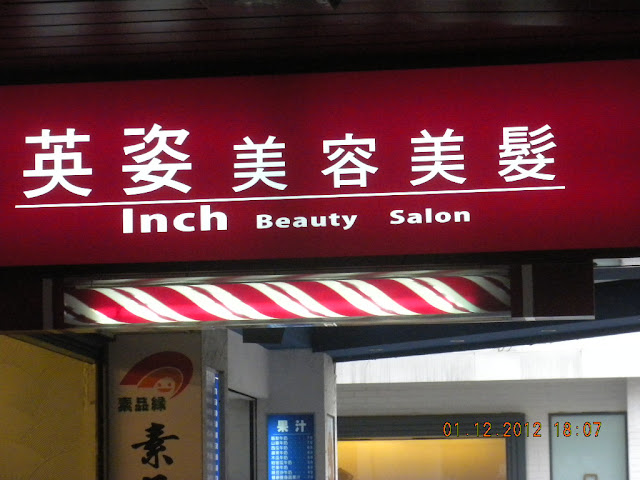Foreign language to mother tongue:
With a dictionary and some knowledge of the grammar, the translator can get the gist of the foreign language passage. The complexities and nuances might be missed, but the general idea gets through. The sentences she produces with be simple and grammatically correct, the reader will find no fault, because the idea is clear even if the nuances and literary details are missing.
Mother tongue to foreign language:
In this case, the translator understands all of the complexities and the nuances of the passage and has to struggle with finding the equivalent in a foreign language. He will be left searching for something that conveys all that he knows is in the passage using a language which he doesn't completely understand and the language itself may not be able to convey the nuances. The product may have sentences that are not grammatically correct.
Anyway, to me the problem seem clear. In Taiwan, I often see a mangled translations into English of something that makes perfect sense in Chinese. This is the case of trying to translate from "Mother tongue into a foreign language". This is the tough direction for translation.
When the translation is tortured you know the native speaker couldn't find the right words in the foreign language.
Here is a tortured phase in English from a good idea in Chinese about architecture.
In the next sign we have a cram school saying they will "wise you up". I think I might hear that phrase just before somebody beats the shit out of me.
This coffee shop in Chinese is talking about loving the nation, nothing sexual.
I'm not sure what "sweet as" has to with pizza,(although I do use sugar in my spaghetti and pizza sauce). I'm sure that from a marketing point of view "sweet ass pizza" would bring in more customers.
And then there are those translation that just make you scratch your head.In this case the first Chinese 2 characters 英姿 and would be spelt in the
current romanization as yīngzī, but in the old romanization of maybe 40 years ago maybe as "inch". 英姿 means "in English appearance", hopefully most of their customers are Taiwanese.





Hi Mike and Florence -- I'm glad to resume my lessons in Taiwan by way of your posts. I especially enjoyed the pictures of your location from an early post. Mary
ReplyDelete